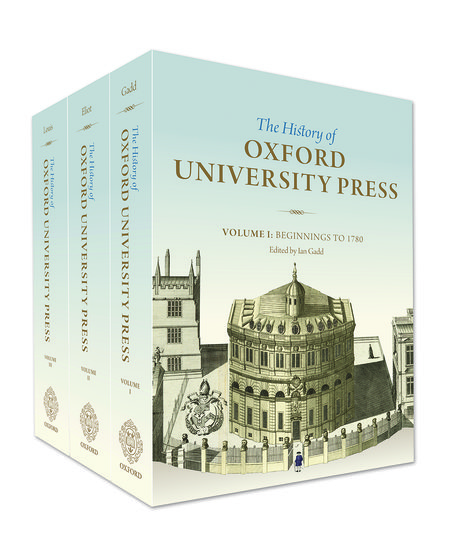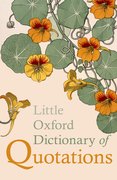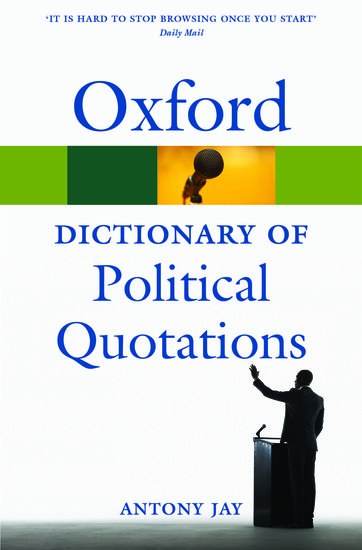Bizarre is who bizarre does: part two
This post continues the discussion of “bizarre.” After the Basque etymology of this Romance adjective was rejected on chronological grounds, “bizarre” joined the sad crowd of “words of unknown (disputable, uncertain, undiscovered) origin.” However, several good scholars have tried to penetrate the darkness surrounding it. Each offered his own solution, a situation, as we will see, that does not bode well.











